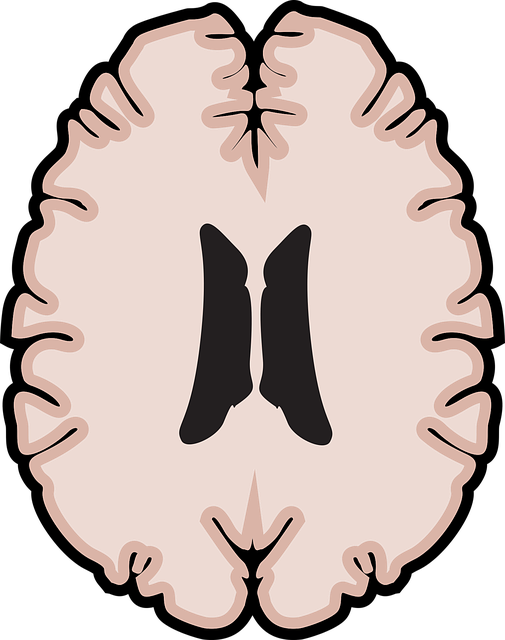Mental illness diagnosis requires professional assessment by healthcare experts. Longmont Suicide Prevention Therapy offers holistic support with coping strategy tools like Stress Management techniques, Mental Wellness Coaching, and Social Skills Training. Their comprehensive guide navigates treatment options, emphasizing a tailored approach with cognitive-behavioral therapy (CBT), mindfulness, and medication management for improved mental wellness. Local therapy centers in Longmont provide specialized care using evidence-based practices to prevent burnout and support all ages.
“Mental illness diagnosis and treatment navigation can be a complex, daunting journey. This comprehensive guide aims to demystify the process, offering insights into ‘Understanding Mental Illness Diagnosis’ and providing a ‘Navigating Treatment Options’ roadmap. For those in Longmont seeking support, we highlight available resources, focusing on Longmont Suicide Prevention Therapy—a vital safety net. By understanding diagnosis processes and exploring treatment options, individuals can take proactive steps towards healing and improved mental well-being.”
- Understanding Mental Illness Diagnosis: Unveiling the Process
- Navigating Treatment Options: A Comprehensive Guide
- Longmont Suicide Prevention Therapy: Resources and Support Availability
Understanding Mental Illness Diagnosis: Unveiling the Process

Mental illness diagnosis is a multifaceted process designed to accurately identify and understand an individual’s unique challenges. It begins with a comprehensive evaluation conducted by qualified healthcare professionals, often including psychiatrists, psychologists, or licensed therapists. This initial assessment involves gathering detailed information about symptoms, their impact on daily life, personal history, and family medical background.
Through this process, experts can unravel the complexities of mental health conditions, which vary widely in presentation and severity. Longmont Suicide Prevention Therapy, for instance, is a specialized service aimed at supporting individuals at risk. Additionally, Stress Management techniques, Mental Wellness Coaching Programs, and Social Skills Training are valuable tools that can be integrated throughout treatment to empower individuals with coping strategies, enhance their overall mental wellness, and foster better social interactions.
Navigating Treatment Options: A Comprehensive Guide

Navigating treatment options for mental health can be a daunting task, but with the right resources, it becomes a journey towards healing and recovery. At Longmont Suicide Prevention Therapy, we understand that each individual’s experience with depression, anxiety, or other conditions is unique. Our comprehensive guide aims to empower you by offering an overview of available treatments and strategies for coping.
We believe in a holistic approach to mental well-being, focusing on various therapeutic methods such as cognitive-behavioral therapy (CBT), mindfulness practices, and medication management. CBT, for instance, is an effective tool for managing anxiety relief and depression prevention by identifying and changing negative thought patterns. By learning coping skills development through our tailored programs, individuals can gain the resilience needed to face challenges head-on.
Longmont Suicide Prevention Therapy: Resources and Support Availability

In Longmont, a robust network of resources and support systems is available for those navigating mental illness, with a significant focus on preventing suicide and promoting emotional well-being. The community offers a range of services tailored to different needs, ensuring that individuals struggling with their mental health are not alone. Local therapy centers provide specialized care, focusing on evidence-based practices and innovative approaches to treat various conditions. One notable aspect is the emphasis on emotional regulation techniques, which empower individuals to manage their emotions effectively.
These therapy options cater to all ages, from adolescents to adults, and include individual counseling, group therapy sessions, and family support programs. The goal is not only to offer immediate relief but also to teach lasting skills for positive thinking and stress management, thereby preventing burnout. Many initiatives are led by trained professionals who understand the unique challenges faced by those in Longmont and are dedicated to providing accessible, quality care.
Mental illness diagnosis and treatment can be complex, but navigating these challenges doesn’t have to be overwhelming. By understanding the process and exploring comprehensive guides like our discussion on Longmont Suicide Prevention Therapy, individuals can gain valuable insights and access essential resources. Remember that seeking help is a crucial step towards healing and recovery, and there are always supportive options available.














